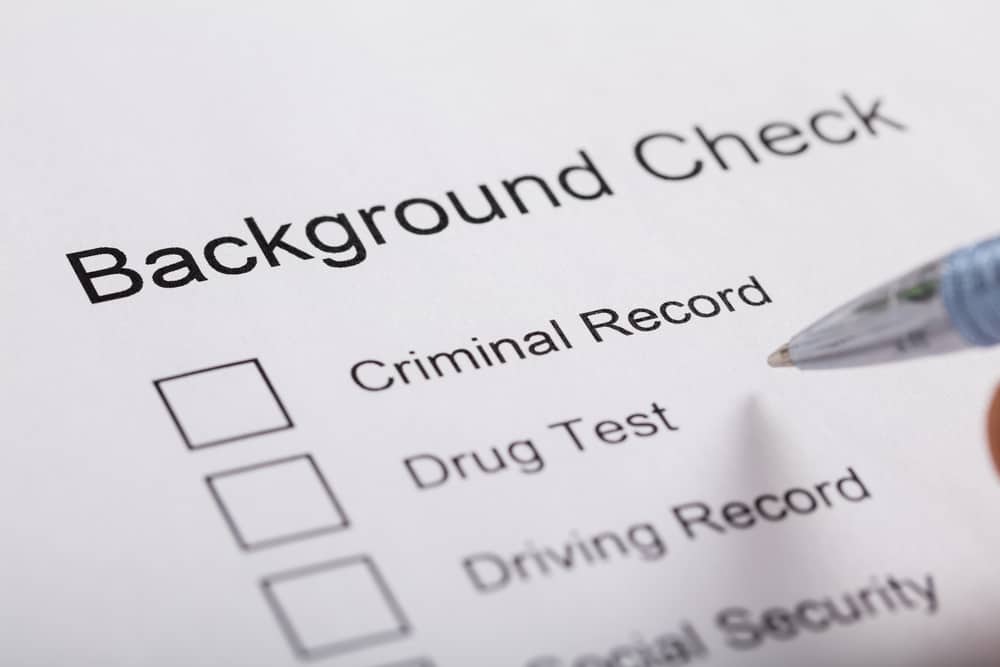Navigating the Nuances: Will a Medical Marijuana Card Appear on a Background Check?
In recent years, the legalization and acceptance of medical marijuana in various states have raised questions about the impact of holding a medical marijuana card on an individual’s background check. As the landscape surrounding cannabis continues to evolve, it is essential to understand the intersection of medical marijuana use and privacy concerns when it comes to background checks.
Medical Marijuana Laws and Privacy:
To grasp the implications of a medical marijuana card on a background check, it’s crucial to first recognize the legal framework surrounding medical cannabis. The legality of medical marijuana varies from state to state in the United States. Many states have established medical marijuana programs, allowing qualified individuals to access cannabis for therapeutic purposes. Fortunately, Virginia is one such state.
Privacy provisions within medical marijuana laws typically safeguard patients’ sensitive information. Medical marijuana programs often operate with strict confidentiality rules to protect patients from discrimination or stigma. These laws are designed to encourage individuals with legitimate medical needs to seek the treatment they require without fear of negative consequences.
However, it’s important to note that laws and regulations are subject to change and interpretation. Individuals should consult the most recent legal resources to understand the current status of medical marijuana laws in their state. It is always a good idea to consult with a qualified legal specialist.
Background Checks and Medical Records:
Background checks are a routine part of various processes, such as employment screening, housing applications, and firearm purchases. The scope and depth of a background check can vary depending on the purpose and the entity conducting the check.
Typically, background checks focus on criminal history, employment history, credit reports, and other relevant information. Medical records, including information about a medical marijuana card, are generally considered private and protected by health privacy laws, such as the Health Insurance Portability and Accountability Act (HIPAA) in the United States.
However, some nuances exist. If an individual is applying for a position that involves safety-sensitive responsibilities or requires a federal security clearance, the background check might delve deeper into medical history. In such cases, the individual may be required to disclose specific medical information, including the use of prescription medications or participation in medical marijuana programs.
Employment Considerations:
When it comes to employment, the impact of holding a medical marijuana card on a background check can vary. Many states, including Virginia, have employment protections for medical marijuana users, preventing employers from discriminating against employees based on their participation in a medical marijuana program. However, these protections may not be universal and could depend on the kind of job involved.
Additionally, if an employer conducts regular drug testing, it’s essential to understand their policies regarding medical marijuana use. In some cases, a positive drug test for marijuana may not automatically disqualify an employee if they have a valid medical marijuana card. However, policies can differ, and individuals should be aware of their employer’s stance on medical marijuana use.
Housing and Other Considerations:
Similar to employment, the impact of a medical marijuana card on background checks for housing applications may vary. Some states have protections in place to prevent landlords from discriminating against tenants based on their participation in a medical marijuana program. However, individual landlords may have different policies, and it’s advisable for individuals to be aware of the regulations in their specific location.
Firearm Purchases:
The intersection of medical marijuana use and firearm purchases is a complex and evolving area. Federal law prohibits the sale of firearms to individuals who are unlawfully using or addicted to controlled substances, including marijuana. While some states have legalized both medical and recreational marijuana use, federal law still considers marijuana a Schedule I controlled substance.
As a result, individuals applying for a firearm purchase through federal channels may encounter challenges if they hold a medical marijuana card. It’s essential for individuals to be aware of the federal regulations and consult legal advice if needed.
Conclusion:
In navigating the landscape of medical marijuana use and background checks, individuals must be aware of the legal framework in their specific state. While medical marijuana laws often prioritize patient privacy, the impact on background checks can depend on various factors, including the purpose of the check and the entity conducting it. Additionally, they must consider the kind of background check in question, as some kinds will require information about a medical marijuana card and others will not.
It’s crucial for individuals to be informed about the laws in their jurisdiction, especially as the legal landscape surrounding marijuana continues to evolve. Seeking legal advice and understanding the policies of employers, landlords, and other entities involved in background checks is essential to navigate the potential implications of holding a medical marijuana card.

Dr. Nicholas Marsh has been a respected board-certified anesthesiologist in Northern Virginia for over 35 years. Recognized as a top doctor by FindaTopDoc.com, his vision for providing top-quality medical services is driven by his passion for patient comfort and dignity.

